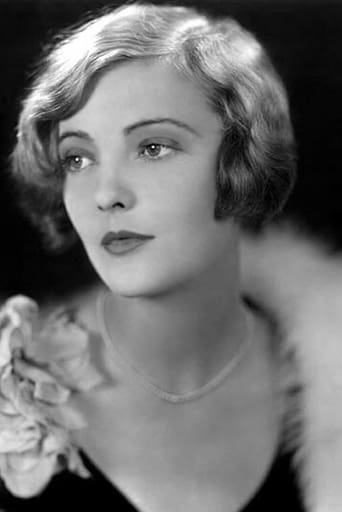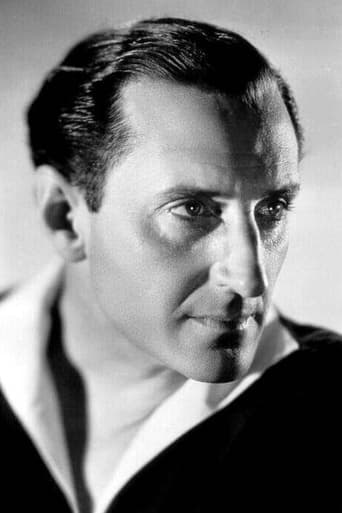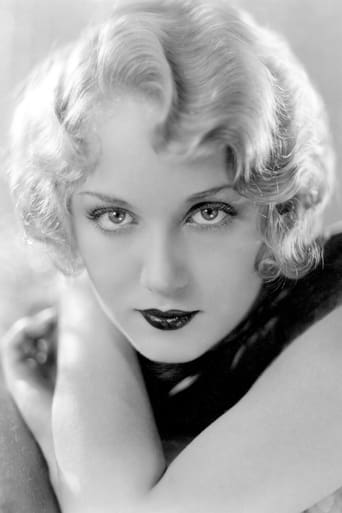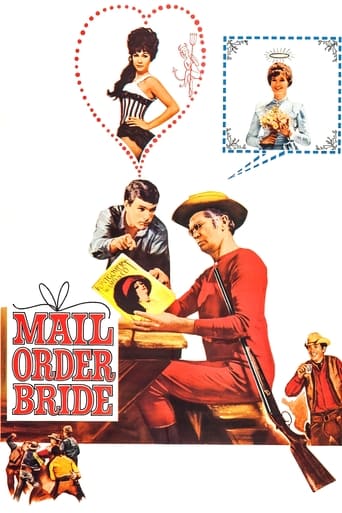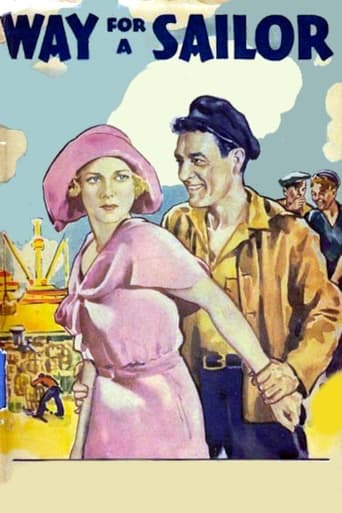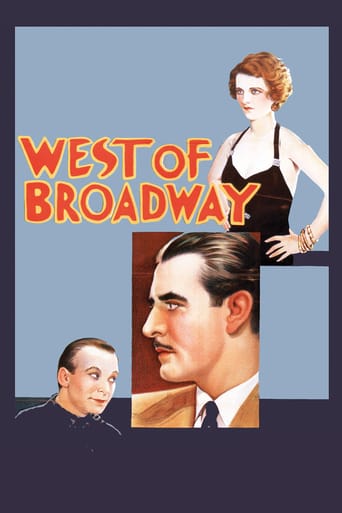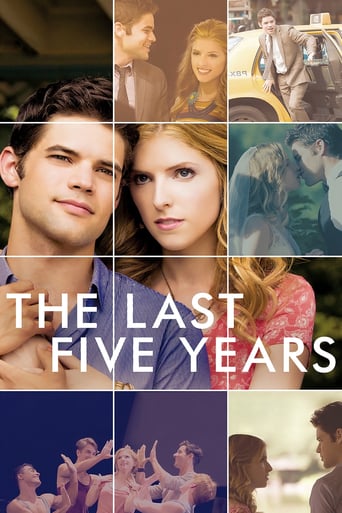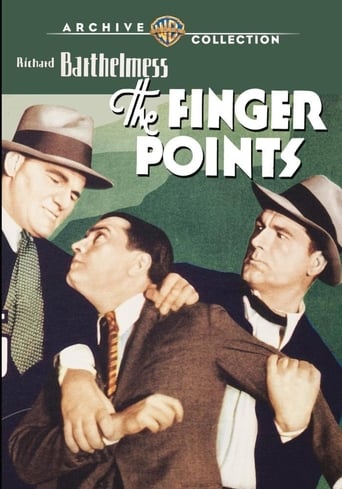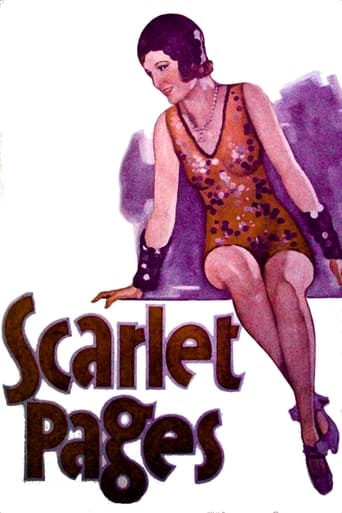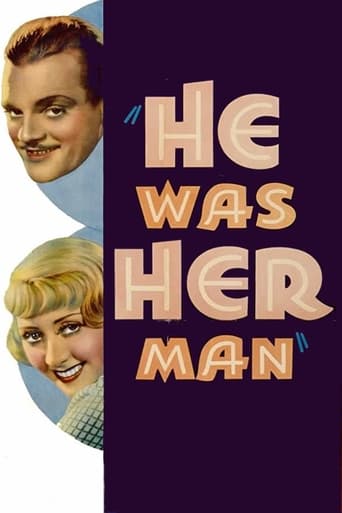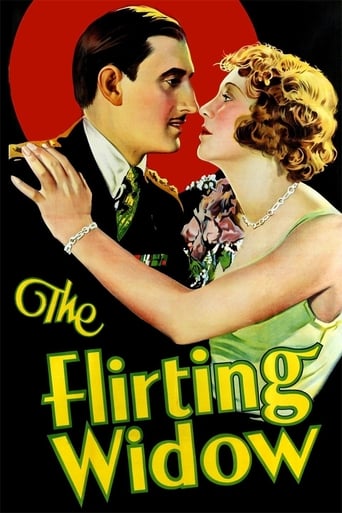

The Flirting Widow (1930)
An older daughter invents a fiancé so that her father will allow her younger sister to marry. However, the lie comes back to haunt her.
Watch Trailer
Cast
Similar titles

Reviews
Such a frustrating disappointment
It's entirely possible that sending the audience out feeling lousy was intentional
There's no way I can possibly love it entirely but I just think its ridiculously bad, but enjoyable at the same time.
Exactly the movie you think it is, but not the movie you want it to be.
Celia comes from a rich British family and her father has very peculiar and old fashioned ideas. He won't allow his second daughter to marry until his oldest, Celia (Dorothy Mackaill), marries. Well, Celia is a bit masculine in her style and doesn't appear to want to marry anyone. So instead she creates a fictional fiancé, Colonel John Smith of the British Army. She even writes a letter to this fictional man...and it somehow gets delivered to an actual Colonel John Smith (Basil Rathbone)! In the meantime, she creates a fake obituary and pretends that her beloved was killed. However, when the real Smith shows up, things get interesting!Like any film from 1930, its style isn't as smooth or sophisticated as talking pictures from just a couple years later. Due to primitive recording equipment, the characters tend to stay in one general spot during most scenes (usually because there was a microphone hidden someplace nearby instead of the boom microphone in later films. And, they hadn't yet figured out how to include incidental music...so it seems a bit odd. You cannot hold these things against the film...it is a product of when it was made.Overall, this is a cute film with a clever script. The only problem that when it was made it played well...and only a few years later, it would seem badly dated. Clearly, this film could be great if it were remade. As it is, it's clever and enjoyable for someone who appreciates early talkies...others might find it a bit stilted and flat. My score of 7 takes into account when it was made as well as its entertainment value today.
...because I think "The Flirting Widow" is an early talkie delight, practically an ancestor of the screwball comedy. The setup of the story is this - Faraday (Claude Gillingwater) is an English gentleman with three daughters. The middle daughter has already married and now the youngest daughter,(Flora Bramley as Phyllis), wishes to marry Bobby (Anthony Bushell). But Faraday is old fashioned, the type that believes daughters should marry in order of age so that the older unmarried sisters are not branded spinsters. Faraday breached this law once, but he won't do it again for Phyllis. Celia (Dorothy McKaill), the oldest must marry first. Unfortunately, Celia dresses in drab manly fashions and even wears her hair slicked back like a boy, has no suitor and wants none. Her family hasn't made it easy for her to socialize either, because with her mother deceased, it has pretty much fallen to Celia to organize the servants and make sure all of the household supplies are purchased and paid for.When Celia returns home from a house party she has been to and hears Phyllis' problem, she comes up with an answer. She claims she has become engaged to a fictitious Colonel she met at the party, and he has sailed that day with his regiment to Arabia. What Celia plans to do is wait until Phyllis is married and then place a death notice in the papers saying her fictitious fiancé has died in combat. In the meantime, being engaged, she is now free to socialize like the younger daughters, she spruces up her wardrobe, literally lets down her hair, and becomes the attractive Dorothy McKaill we are accustomed to seeing.But her female relatives are too nosy. They demand she write "Wobbles" - her fictitious pet name for Colonel "John Smith". She does and thinks that she has tossed the letter into the fire. What she doesn't know is her sisters do her a favor, look up Colonel Smith (Basil Rathbone) in the military registry, and mail the letter for her. Yes, Col. Smith actually exists, receives this letter from the fiancée he did not know he had, and is so intrigued that he decides to meet Celia in person. Imagine his surprise to find, when he reaches the Faraday home, that he is not only engaged, he is dead too! Dorothy McKaill did not surprise me here - she's always been able to project a range of emotions. The real surprise here is Rathbone who proves himself very able at comedy. Emily Fitzroy, who usually plays wicked older women, is hilarious as Celia's aunt Ida who means well but has a weakness for brandy. If Claude Gillingwater had lived longer and been a tad bit younger, he would have played the kind of roles that Charles Coburn got later on.The only thing that hurts the film is the pace is just a bit slow - but not bad at all if you realize that pacing was one of the things with which all of the early talking films had trouble. Highly recommended.
Far-fetched but amusing drawing-room comedy about an elder daughter (Dorothy Mackaill) who fakes a marriage engagement in order for her younger sister to marry, thereby avoiding having to wear "green stockings" at her wedding. The tradition is that younger daughters may not marry unless their older sisters have.But Mackaill is determined to stay free so she fakes a letter to her nonexistent fiancée that she just invented (Basil Rathbone), but it gets mailed by accident. After posting a phony obituary in the paper, who should show up at the country manor (after receiving the letter in Arabia) but the fake fiancée pretending to be a friend of the deceased.Lots of cat and mouse games and verbal sparring between Mackaill and Rathbone makes this an amusing comedy. One character has the silly name of Raleigh Raleigh who gets introduced to Rathbone and says "I'm Raleigh Raleigh" to which Rathbone replies, "Really? Really?" In Mackaill's opening scenes she dressed in a sweater and tweed skirt, her hair slicked back in a mannish cut. Raleigh (the typical English silly ass character) says to her, "You know, in that outfit you almost look like a man." She turns, eyes him up and down and retorts,"You know, in that mustache you look like a man ... almost." British born Mackaill doesn't have an English accent in this film set in England, which is odd. But she's very good and astonishingly gorgeous. Rathbone is fun as the faux fiancée.Emily Fitzroy is hilarious as boozy Aunt Ida (who's in on the charade). Others include Leila Hyams as Evelyn, Flora Bramley as Phyllis, Claude Gillingwater as the father, Anthony Bushell as Bobby, William Austin as Raleigh, and Wilfred Noy as the butler.There's an odd moment of censorship in a scene where Rathbone is putting a watch on a chain around Mackaill's neck. It slips into her cleavage. Rathbone leers as he watches her try to fish out the watch. He's says something that is blanked out, but Mackaill turns and responds sharply to whatever he says.Certainly worth a look to see wonderful Dorothy Mackaill in her early talkie period.
Long-forgotten release from First National Pictures has a fairly hoary plot, but will surely be of interest to fans of sassy Dorothy Mackaill, real-life Ziegfeld Follies star who attained quite a following in the late 1920s. She has the lead here, playing a woman who invents a lover after her family pressures her to marry. Despite the presence of Dorothy (mercurial as ever) and co-star Basil Rathbone, there's not much excitement in this flimsy scenario. Film-historians and movie buffs of the Pre-Code Era might take a look. Still, the only funny line comes when a nerdy gentleman remarks to Mackaill, "You almost look like a man." She tells him, "So do you...almost." *1/2 from ****
